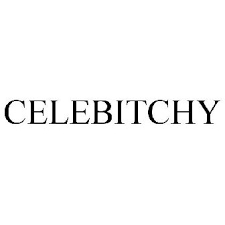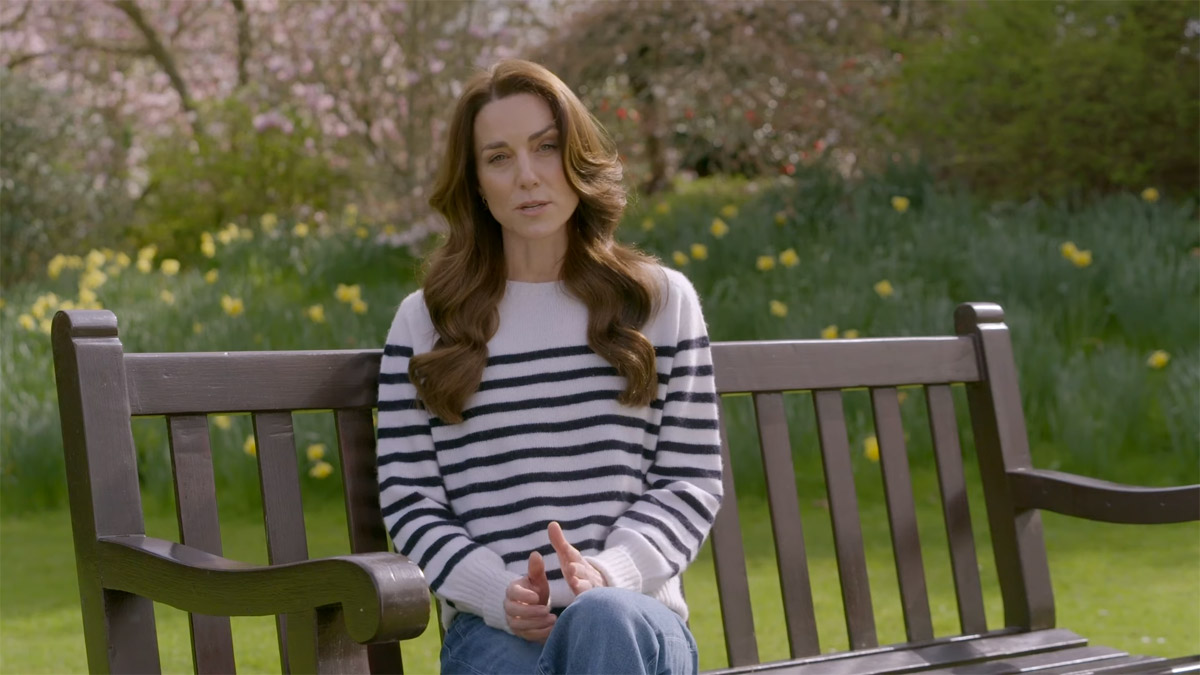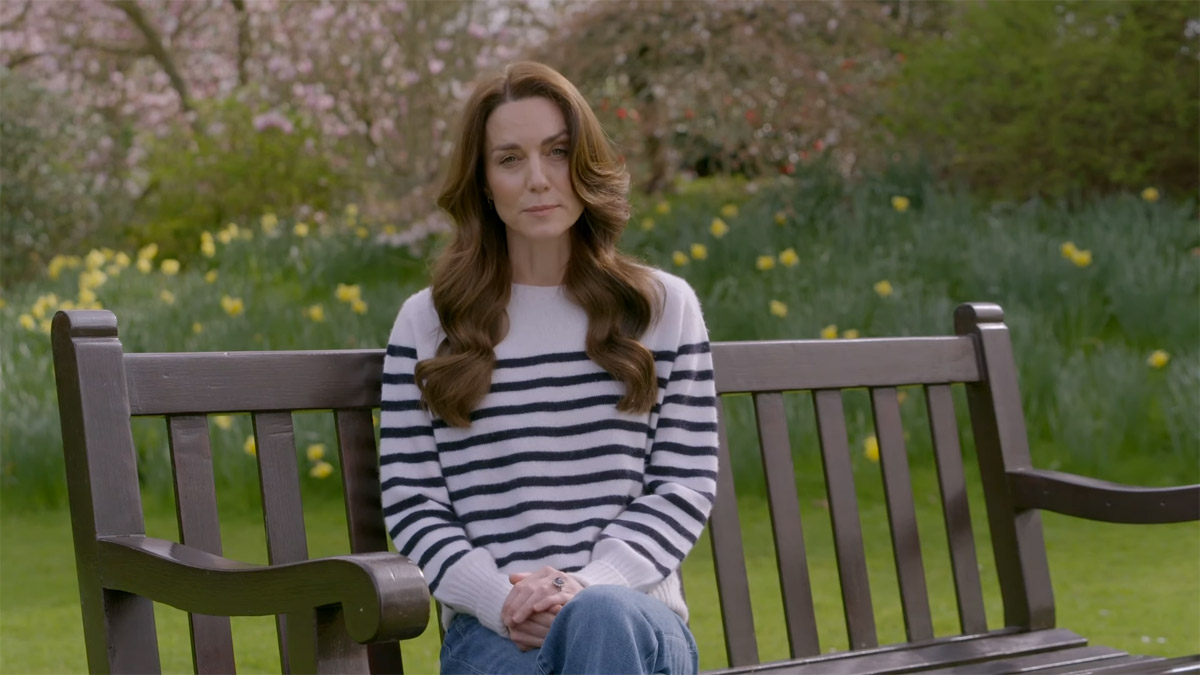ARTICLE AD
As we discussed, the Princess of Wales’s cancer-announcement video was apparently shot two days before it was released. Kensington Palace reportedly brought in a crew from BBC Studios – and not BBC News – to film Kate in Windsor last Wednesday, March 20. Around the same time that Kensington Palace stood silently by as everyone debated that Sun/TMZ video of “Kate and William” at the Windsor Farm Store. BBC Studios confirmed, on the record, that they “filmed a message from the Princess of Wales at Windsor this week,” but they left it to anonymous BBC insiders to refute the claim that the video had been edited or manipulated. The whole point of bringing in an outside crew to film the video should have been about the BBC lending their credibility to a palace awash with accusations of manipulated photos and videos. The fact that no one from the BBC will say on the record, as a named source, that the video had not been edited, manipulated or made use of any AI technology, is actually quite concerning. Speaking of:
Conspiracy theories and misinformation are leaving people unable to determine the truth, BBC Director-General Tim Davie will warn, following outlandish online speculation over the Princess of Wales. In a major speech setting out the corporation’s future, Mr Davie will argue that the BBC’s “impartial” news and verification techniques will play a vital role in challenging digital forces that threaten to undermine democracy itself.
“Misinformation is weakening our shared understanding of the world, undermining trust in our society and our democratic processes,” Mr Davie will tell the Royal Television Society on Tuesday. “It leaves many of us wondering who and what we can believe, and even questioning the concept of ‘truth’.”
The BBC will “pursue truth with no agenda, by reporting fearlessly and fairly”, Mr Davie promises.
Kensington Palace chose BBC Studios, the corporation’s commercial wing, to shoot the Princess of Wales’s video announcement that she is being treated for cancer, in part because the broadcaster’s involvement would prevent any wild speculation about its veracity.
The BBC has created a new ‘Verify’ unit designed to combat AI-created “fake video”, which assesses the authenticity of videos and images and explains to audiences how the BBC reaches its editorial decisions. However, BBC Verify itself contributed to the whirl of stories surrounding the Princess of Wales when the unit was tasked with investigating how Kate’s Mother’s Day photo might have been digitally altered.
“…In part because the broadcaster’s involvement would prevent any wild speculation about its veracity.” I get that – someone at Kensington Palace finally understood that they had created a HUGE credibility problem for themselves and Kate’s message would end up compounding the lack of credibility, given everything said and done by the palace for the previous two months. But still, the squirreliness around this BBC Studio-produced video is also leaving people with a lot of questions. The Times and the Guardian have both written stories about the TikTok conspiracies regarding the cancer announcement video, with most of the conspiracies centered around concerns that the whole thing is AI. Again, I don’t blame people for wondering – the palace has zero credibility and it’s starting to bug me that the BBC won’t officially confirm that there are no edits or manipulations with the video. As I mentioned yesterday, I believe that the video is authentic. Still, the palace and the BBC are choosing to dismiss questions about the video by calling them conspiracies instead of being upfront about any filters or editing that was used.
Screencaps courtesy of KP’s video.

 9 months ago
49
9 months ago
49 



